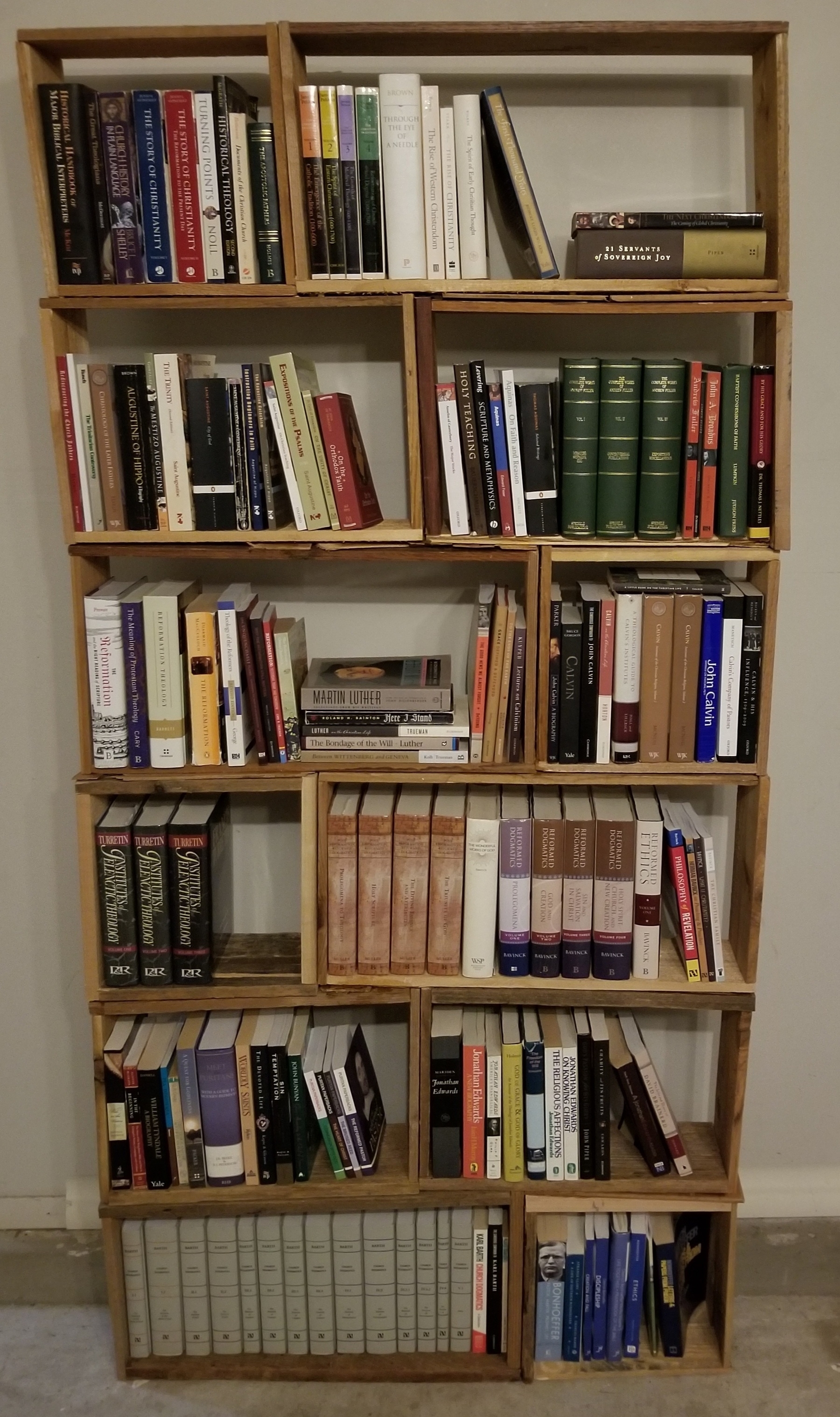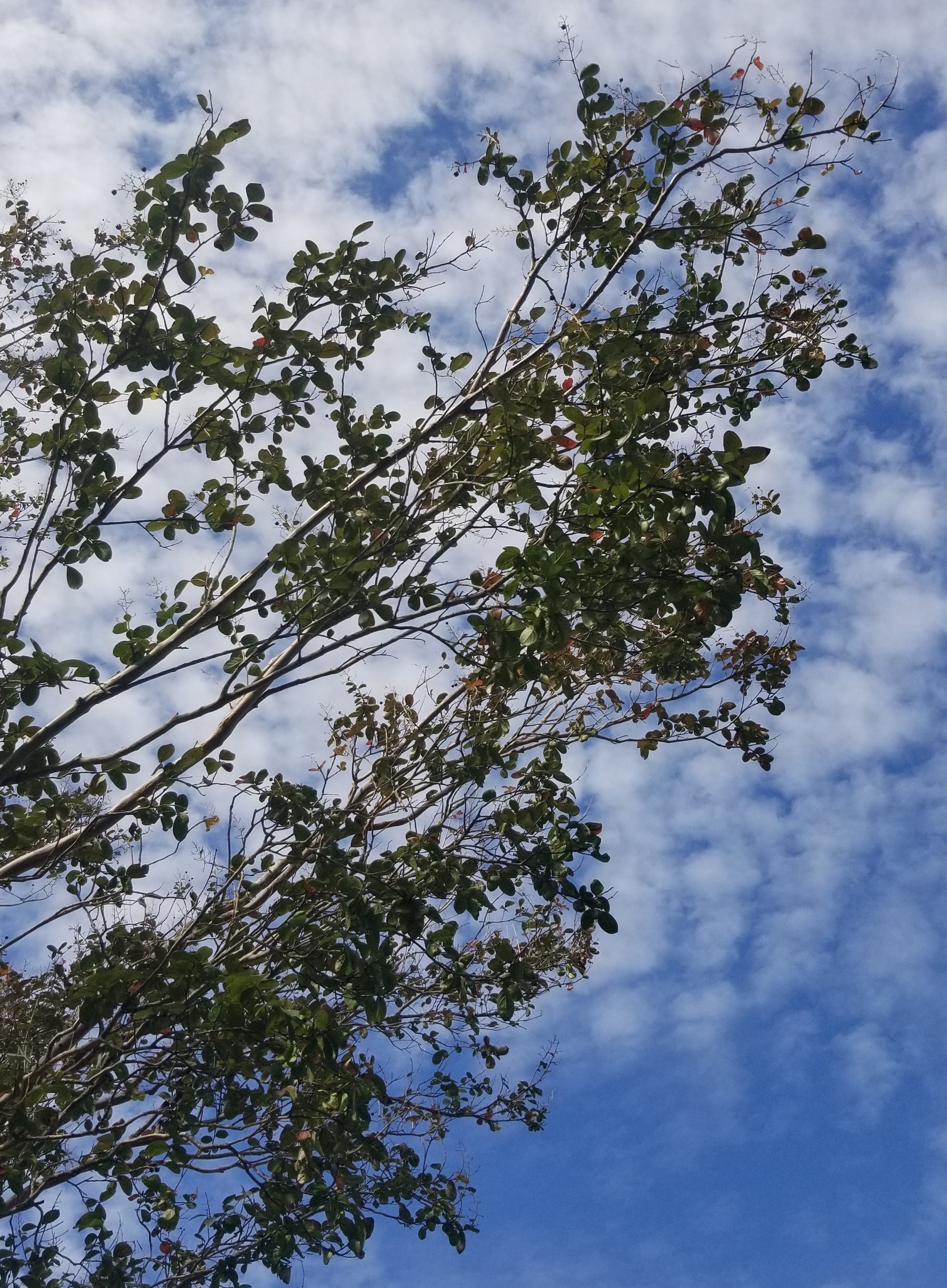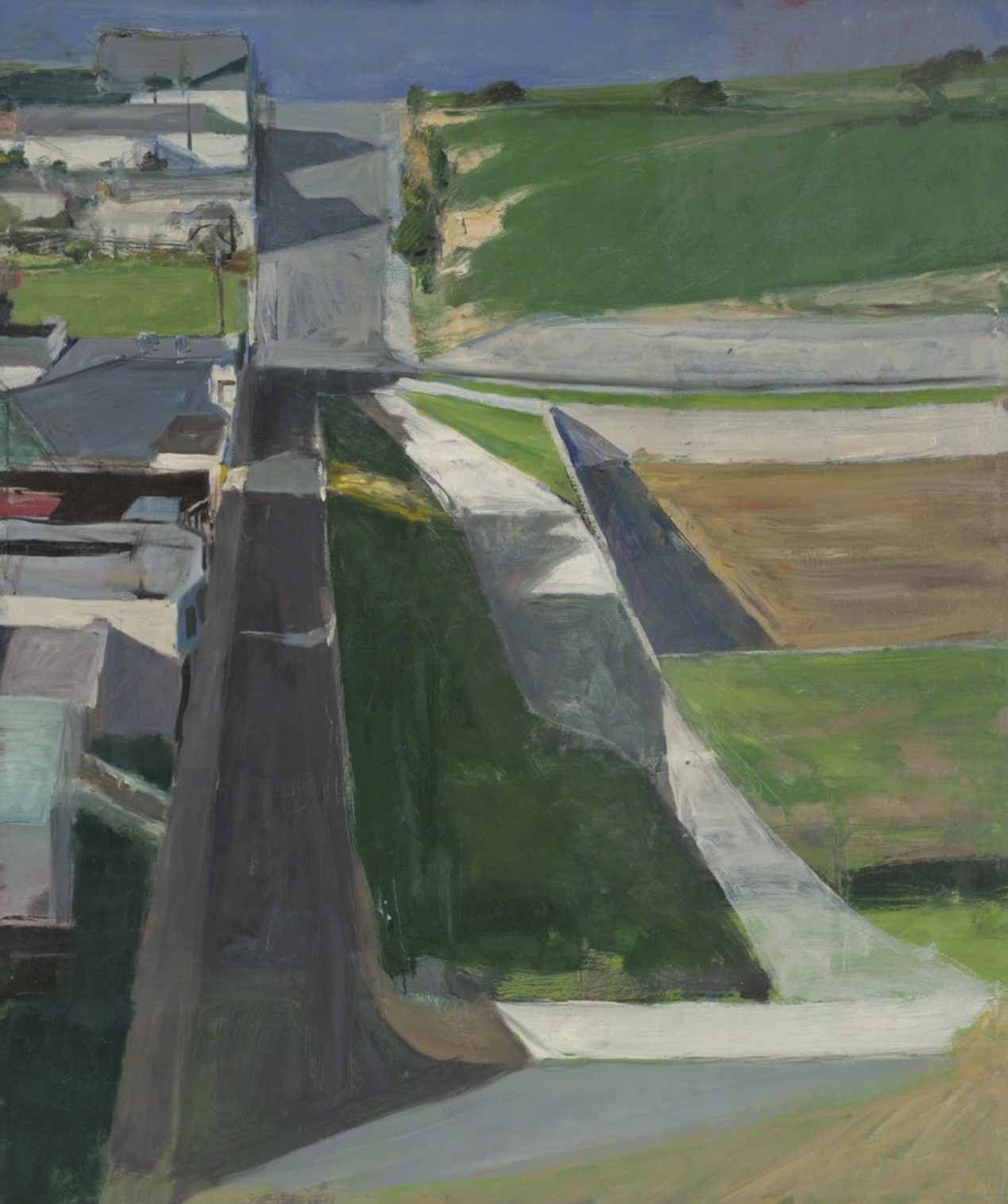One bookshelf down (made completely from scrap wood), two or three to go. At least my books in the “historical theology” category have a place to rest their heads.

One bookshelf down (made completely from scrap wood), two or three to go. At least my books in the “historical theology” category have a place to rest their heads.

Matt Feeney, on the deepest, essentially philosophical, reason for resisting the triumph of digital technology over family life—deeper than utilitarian arguments about mental and emotional health:
My objections to the encroachment of digital technology on my own family’s life…were never about mental health. The dark intuition that came up when I watched my young children sweeping their way into an iPad trance was not that this device would make them unhappy or unsafe. It was that it would make them unfree. Indeed, what remains the most compelling finding, to me, about the psychological effects of computer use is the one in which this question of human freedom is directly implicated—the possibility that, over time, engagement with digital technologies shortens our attention span, alters the balance of power between our short-term urge to forage for new stimulation and our ability to tame this urge for the sake of sustained concentration. Digital technology erodes the trait that, arguably, makes us human, our power to posit ends for ourselves, consciously, and to pursue those ends with a measure of focus and planning, and to take pleasure in these sustained efforts. Setting and pursuing our ends is how we use our human endowments to form our selves, how we integrate our disparate impulses and appetites into a single life story. Curating these capacities and habits in our children, seeing them grow under the influence of their human as opposed to rodent tendencies, would seem to be one of our most basic jobs as parents.
I have no control over the degree to which digital technology rules the world outside my home, but inside my home, all the questions that society has answered, or allowed technology to answer on its behalf, remain open. Digital technology has remade the broader human world according to its powers, but its power to remake your family remains largely within your powers. You still have the power, once an iPad has found its way inside the home you share with your young children, to get rid of it, get the cursed thing out of the house, pass it along to your mother-in-law. It remains within your power to look at the total dominion of digital technology outside your home and determine what its influence will be on the inside. Who else has this power? Who else can create a world in which the extent of technology’s rule has been consciously decided by people with powerful reason to treat it with suspicion? Even for parents it’s difficult, of course. Even parents feel potent incentives to answer the question of technology in technology’s terms, rather than their own.
Also from the Tomb of Nebamun

From the Tomb of Nebamun



While affirming the essential historical veracity of the Gospel accounts and the importance of real history to which they testify, we must not in theory or in practice supplant the text with our reconstruction of the events behind it, nor should we make this reconstruction the end goal of our reading. We have no access to the events behind the text other than the testimony of the Gospels themselves, and to avidly seek such data would be to deny what we do have in the canonical, inspired Gospels: testimony to those events. To seek the behind-the-text realities is to fall back into the errors of modern historicism, which eschews testimony, distrusts witnesses, and desires to reach the supposed, original, objective truth of the matter. But this…is epistemologically and historically naive and impossible! One must finally trust testimony, or not; we can evaluate the trustworthiness of a witness, but we can never objectively get beyond the irreducibility of testimony.
Parents gain early knowledge of what gatekeeping institutions want and then refashion their family’s inner workings to present a convincing semblance of this thing. With time, through successive stages of their children’s lives, parents come to think of their family as a machine for producing this institutionally desirable thing over and over again.
Cityscape #1 (1963) by Richard Diebenkorn:
